Welcome to Southwark Bridge Class
A warm welcome to Southwark Class children, parents and carers.
Our Southwark team are:
Please click here for information on the Year 4 Statutory Times Tables Test
Class teacher-Miss Oasgood
Class teaching assistants - Mrs Glenn & Miss Griffiths
Please feel free to write us a note in your child’s homework diary, come and talk to us after school any day or phone the school to speak to us directly if there is anything you wish to discuss concerning your child.
Recommended reading books for Year 4:
Best Books for Year 4 | Y4 Reading List | BooksForTopics
Expertly selected books for 7 and 8 year old children (lovereading4kids.co.uk)
Expertly selected books for 9 and 10 year old children (lovereading4kids.co.uk)
Key Information:
- A wide selection of quality books have been purchased for this class this year and your child is encouraged to take home a book every day. Each time you sign to show your child has read at home, they will receive a marble towards their team jar. The team with the most marbles at the end of the week will be crown team of the week!
- Homework will be set on Friday and due in the following Friday unless stated otherwise on the homework (A longer time will be set for projects)
- Spellings will be learnt at school and tested on Mondays. Please click on link: school-links-spellingjournalyear4southwark-1
- In your child’s homework diary, they will have a green stamp at the end of each day to show they are following our school’s ‘Good to be Green’ behaviour policy. If they do not get a green stamp it is because they have not ended the day on a green card or have received a red card during the day. You will be notified by text if a red card consequence has occurred.
Hello Year 4!
Welcome to this week’s home learning! I hope you enjoyed the beautiful weather last week and managed to get outside to have some fun!
English- This week we are looking at the nonsense poems of Edward Lear, a favourite of mine, the first poem will definitely be familiar to you!
Day One- A look at Edward Lear himself and then one of his most well known poems. Read it and then watch the video version below before planning your own magical journey Year 4 Week 15 Day 1
Day Two- Re-read the poem from yesterday and compare it to the sequel written by Julia Donaldson. Year 4 Week 15 Day 2
Watch a video of the sequel here
Now you get to write your own version of the poem.
Day Three- I love today’s poem! Look at the main character and see what you notice. Read the first verses and see if you can spot the features on the picture Year 4 Week 15 Day 3
Then listen to the whole poem being read to you;
Lastly, an opportunity to practise using expanded noun phrases. Look at this PowerPoint to help you to remember what these are Noun Phrase powerpoint with audio
I look forward to seeing your fact files about your Quangle Wangle creature!
Day Four- Another good poem today! Read it here GR_Pobble-who-has-no-toes-web
or listen to it here
After writing a recount of the Pobble’s adventures, you get to pick your favourite of the three poems, write it up and add your own illustrations. I can’t wait to see which it is!
Day Five- Today we are looking at some of Edward Lear’s limericks (a humorous poem of five lines) and you have the chance to write a limerick of your own at the end Year 4 Week 15 Day 5
Guided Reading-Let’s head back to Reading Planet this week. I’ve set a book called The Smiling Stones for you.
Remember log in on the Rising Stars website
https://my.risingstars-uk.com/Default.aspx?cid=DL211526
Your user name is your name with a capital letter. The password is planet and the centre ID is 211526
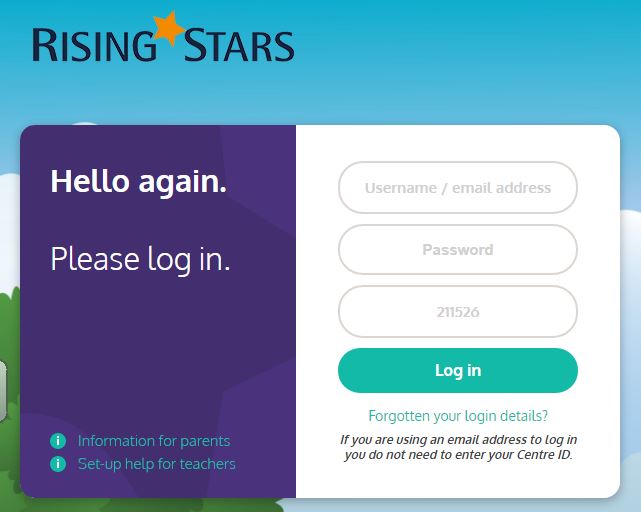 Find your follow up activities below:
Find your follow up activities below:
If you do not have this book set for you please reading the books and do the quizzes that have been set for you on

Maths- This week , we are looking at charts and graphs.
Day One- Looking at reading charts and interpreting the data
Click here for the worksheet Lesson-1-Interpret-charts-2020
Click here for the answers Lesson-1-Answers-Interpret-charts
Day Two- Comparing the sum and difference
Click here for the worksheet Lesson-2-Comparison-sum-and-difference
Click here for the answers Lesson-2-Answers-Comparison-sum-and-difference
Day Three- Today an introduction to line graphs
Click here for worksheets Lesson-3-Introducing-line-graphs
Click here for answers Lesson-3-Answers-Introducing-line-graphs-1
Day Four- Continuing line graphs
Click here for worksheets Lesson-4-Line-graphs
Click here for answers Lesson-4-Answers-Line-graphs-1
Day Five- Watch out for the Friday challenge here!
https://whiterosemaths.com/homelearning/year-4/
If you normally work with Miss Alvarez, you will be learning about mass this week. Please contact your teacher via Class Dojo for worksheets
https://whiterosemaths.com/homelearning/year-2/
Science-Now we have finished our electricity learning. Let’s learn about digestion. Try the demonstrations if you can but don’t worry if you don’t have spare toothpaste, bread, cola and an old pair of tights.
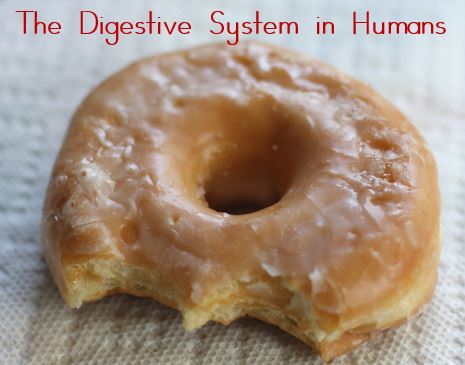
The-Digestive-System-in-Humans-Powerpoint-and-Activity-Pack
Creative-This week why don’t you have a go at making salt dough amulets. 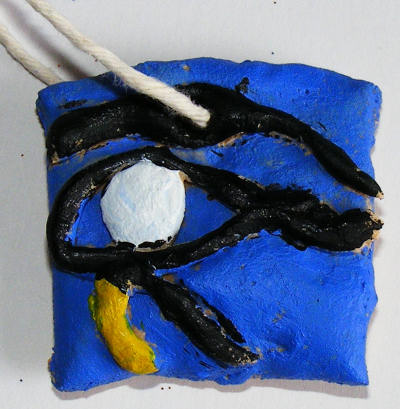
For the salt dough-https://www.activityvillage.co.uk/salt-dough
For the Egyptian craft ideas and amulets-https://www.activityvillage.co.uk/ancient-egypt-salt-dough-amulets
I.C.T-This week we will be learning about digital literacy
https://www.bbc.co.uk/bitesize/topics/zv63d2p/articles/z9r72hv
Watch and play the games on the link above. Can you write an acrostic poem using the word communicate to tell your friends how to communicate online. For example, C could be Chat must always be friendly O online and offline treat each other kindly etc.
History- Following on from your learning about religion and mummification, we are going to have a look at the Pyramids. Read the information to find out how they were made and what their function was Egyptians History Slide5
Would you like to be buried in a pyramid?
This week, you have a choice of task. For an easier task chose Pyramid task One finding facts about pyramids, if you want to challenge yourself, ave a go at Pyramid Task 2 which involves answering some questions.
Music- More songs to learn at Out of the Ark, some about being joyful this week, much easier now that it is sunny! Singing is a good way to be cheerful so I hope you give them a try!
https://www.outoftheark.co.uk/ootam-at-home/
Latin- A tough lesson this week, having a go at pulling together all of our previous learning and trying out our translation skills. We start off with familiar exercises, root words, quickfire verbs and chanting our verb endings. When translating sentences remember the Golden Rule:
Latin words rely on word endings, not word order
The same is true of adjectives, the ending matches the noun they belong to.
If you find the vocabulary tricky, use the picture clues to help. You can always message me on Dojo if you need a hand. The answers to the translation exercises are on the following slides. Latin-pulling it all together
As always, please do not stress about doing every task, try to do a little work each day. Do not feel you have to print everything out. We hope you have fun with your learning and we look forward to seeing your posts on Class Dojo!
[dropshadowbox align=”none” effect=”lifted-both” width=”auto” height=”” background_color=”#f6f134″ border_width=”1″ border_color=”#dddddd” ]
Here is your home learning for the week:
Remember do a little each day and don’t feel that you need to get everything completed[/dropshadowbox]
English-Our English work this week is really topical and I hope you will enjoy it.
Have you seen in the news recently that statues of slave owners and those who made their money through the slave trade are being pulled down? If you want to find out more check out Newsround’s coverage aimed at children your age. https://www.bbc.co.uk/newsround/52965665
Monday 22nd June– Listen to the story Henry’s Freedom Box.
https://www.youtube.com/watch?v=-41aaH6Vv6c
Order the events described. Answer questions about the story. Year 4 Week 10 Day 1
Day 2 – Listen to two versions of the story. Read extracts and then answer questions. Choose key events and use these to summarise the plot.Year 4 Week 10 Day 2
Day 3 – Completing a cloze activity on Henry’s Freedom Box. Reading an information text about slavery and answering questions. Writing in role. Year 4 Week 10 Day 3
Day 4 – Read a classic poem: ‘Sea Fever’. Revise possessive apostrophes and complete an exercise. Practise reading the poem aloud. Year 4 Week 10 Day 4
Day 5 – Read a classic poem: ‘Amulet’. Revise possessive apostrophes. Write a poem based on the one read.Year 4 Week 10 Day 5
I love this poem. Hope you do too!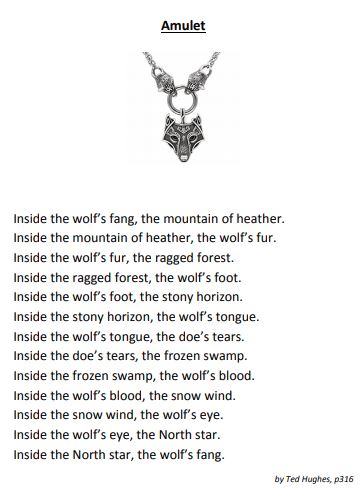
Guided Reading–
Daily Reading Ancient Egypt Activity 5 – Print Friendly
Ancient Egyptian Poem Activity Sheet
Maths-This week we will be working with money
Monday-
Answers Monday 22nd June Estimate answers
Tuesday-
Lesson 2 – Checking strategies
Answers Tuesday 23rd June Checking strategies
Wednesday-Lesson 3 https://whiterosemaths.com/homelearning/year-4/
Lesson-3-Answers-Estimating-money
Thursday-Lesson 4 https://whiterosemaths.com/homelearning/year-4/
Lesson-4-Answers-Four-operations (1)
Friday-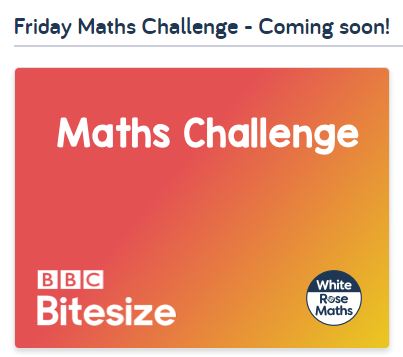 https://whiterosemaths.com/homelearning/year-4/
https://whiterosemaths.com/homelearning/year-4/

Science-Let’s get back to our exciting electricity topic:
L.O- I can answer an enquiry about conductors and insulators
Enquiry question-What materials would you use instead of wires in a circuit?
Read this news story about soldiers wearing ‘smart’ clothing which conducts electricity: https://www.bbc.co.uk/news/technology-17580666
Can you remember what the terms conductors and insulators mean? Watch this video if you are unsure-https://www.bbc.co.uk/bitesize/topics/z2882hv/articles/zxv482p
Why do you think a soldier need to be able to conduct electricity?
Think of a soldier in the desert that has ripped part of his ‘smart’ clothing and therefore lost part of the circuit in his GPS system. As he has no other navigation guides he is unable to provide his location for rescue. Which materials are used to make electric circuits? Why they think these materials are used? The soldier has a pack containing a variety of objects. Which could be used to complete a circuit to activate his GPS to save him?
Choose from the objects pictured below:
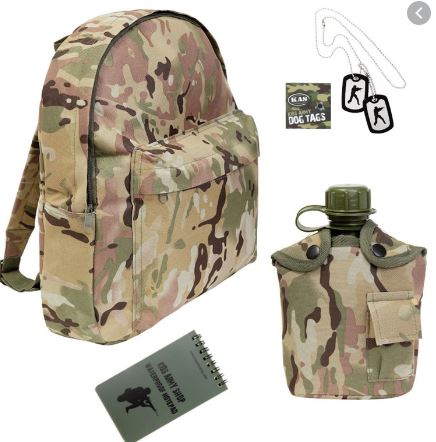
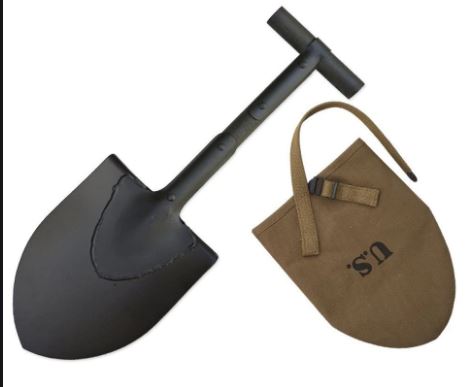
He has a cotton back pack, a plastic cover note pad, a tin water flask, metal dog tags (identification necklaces) and a wooden shovel.
How could you find out whether electricity can pass through the materials?
Can you write an investigation to help to choose which material you could use? Focus on recording their results and explaining what the results show. It could look something like this:

Results (Imagined-What do you think you would have found out?)
Then you will need to produce a radio or video message to send to the soldier explaining what he needs to do to produce a working circuit therefore enabling his GPS and why they are confident that this will work providing scientific evidence to reassure him! You will need to provide a list of all possible conductors in case some are damaged when he comes to use them. You could video this message and post on Class Dojo or write a script.
After you have completed this activity please self-assess using the following criteria. If you send me this self-assessment on Class Dojo I will add you 10 dojo points! You might need to ask a parent to help you with this bit.
Meeting expectation: I can describe the circuit involved in the soldiers suit and explain how my experiments results (orally/written form) would show that (in general) metals conduct electricity and other materials don’t.
Exceeding expectations: As above for meeting, but I can also suggest other items to fit into the pattern and explore exceptions to the rule. I can apply the terms conduct/insulate to explain safety rules, e.g. not putting knife in toaster.
Art-If you enjoyed making mask try designing and making a necklace or some other Egyptian jewellery out of recycled materials
Paper plate or cardboard from your recycling
https://www.firstpalette.com/craft/ancient-egyptian-collar.html
Find out all about ancient Egyptian jewellery
https://www.youtube.com/watch?v=4-7QMvCngYk
https://www.youtube.com/watch?v=_QC04hBfzfc
I.C.T-This week have a break from coding to revise internet safety. Play the game Band Runner
https://www.thinkuknow.co.uk/8_10/
Watch the 3 films if you have time. https://www.thinkuknow.co.uk/8_10/watch/. Could you record your own video teaching next year’s year four classes what you have learnt? Alternatively you could design a poster to show what you now know.
Latin
We are continuing with our exploration of the past continuous tense. Try the exercises, answers on the following slides. There is also a section about constellations and the stories behind them. Maybe you can have a go at stargazing and see which you can spot? Let us know if you find any!Latin past continuous and constellations
Music
Please continue to have a go at music maker or try some of the new songs on Out of the Ark

